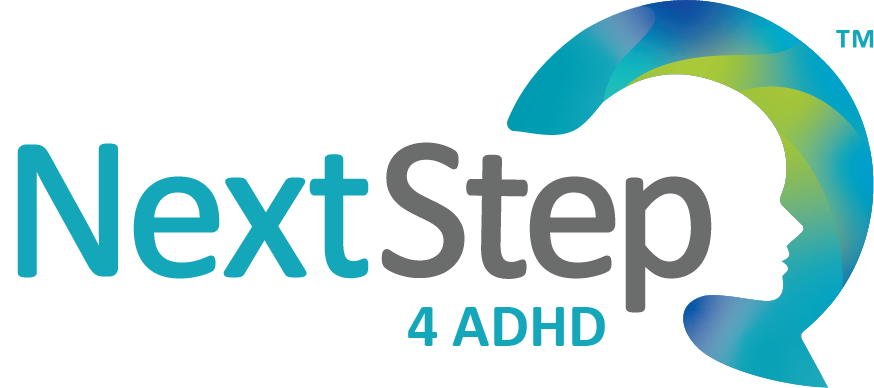
Tweens, Teens and ADHD
Many children diagnosed with ADHD in Elementary School who are responding well to treatment may hit a few “bumps” during Middle School and High School.
Tweens, particularly girls, may suddenly stop responding to their medication, or may have symptoms that their dose is too high, even though they have been stable on the same medication and dose for years. This is often due to the hormonal changes occurring at this age, in conjunction with their brain development, which is still ongoing.

Sometimes in middle school, and more often in high school, teens will decide to stop taking their medicine. For a few, this is successful, especially if they have ADHD coaching to help them develop organizational skills and other tools to keep them on task. More often, however, the teen’s performance will decline, or they will start getting in trouble more often.
Untreated or undertreated ADHD in teens can be very detrimental, as it has been shown to lead to early experimentation with illicit drugs and/or alcohol (“self-medicating”), higher risk of teen pregnancy (for teen or their partner), and higher risk of run-ins with the law (i.e. speeding tickets, drunk driving).
Our physicians and counselors will work with you and your tween or teen to help navigate this transitional period, provide appropriate treatment and support that engages your youth in their own care, and provide additional resources for ADHD coaching and other behavioral interventions to help them succeed now, and as they leave for college and young adult life.
Contact our team via this form, or simply call our office at (502) 907-5908.
Learn More
Steps to Overcoming Teenage Anger
- You’ve been feeling low or irritable for most of the day, every day for two weeks or more. You might have found yourself worrying about past or future events for long periods of time, or simply feeling sad, cross or tearful. Sometimes it’s hard to recognize a gradual change – have others noticed that you don’t seem your usual self?
- You’ve lost interest in activities that you used to enjoy. Perhaps you have been seeing less of your friends or family recently, have stopped going to the gym, or cooking balanced meals. This is really about recognizing changes in what’s normal for you – no one is saying you have to exercise five times a week or eat your greens, but changes in your routine can offer concrete indications that your mood is changing.
- You are struggling to concentrate. You might notice that you struggle to focus when reading or watching television, for example, or to follow the thread of a spoken conversation. This could be affecting your performance at work, or limiting your ability to perform routine tasks such as food shopping. Again, we are looking for a change in what’s normal for you, so if concentration has always been something you find tricky there is little cause for concern.

In three words I can sum up everything I’ve learned about life: it goes on.
– Robert Frost

Children and Adults with ADD Program Announcement
Next Step ADHD Specialty Clinic would like to call your attention to an upcoming program that we think can serve as an excellent resource:
CHADD (Children and Adults with ADD) has designed a Webinar designed to assist parents of children with ADHD.
About the program
Designed by parents for parents, this 14-hour, multisession, interactive training program is delivered by certified Parent to Parent teachers. Their experience and perspective are provided to educate parents new to ADHD or those struggling to navigate its many challenges. Interaction with other parents will alleviate the isolation that parents of children with ADHD often feel. Sessions include managing the impact of ADHD on the family, developing parenting strategies, and using positive behavior interventions
Click the below links for details.
The details
Parent to Parent: Family Training on ADHD | 14 hour Webinar Course | Sinclair
Weekly seven-session class begins on Wednesday, February 3, 2016 – Wednesday, March 16, 2016, 7:00 PM EST-9:00 PM.EST
Parent to Parent: Family Training on ADHD | 14 hour Webinar Course | Drey
Weekly seven-session class begins on Saturday, February 13, 2016 – Saturday, March 26, 2016 12:00 PM EST – 2:00 PM.EST
Learn More